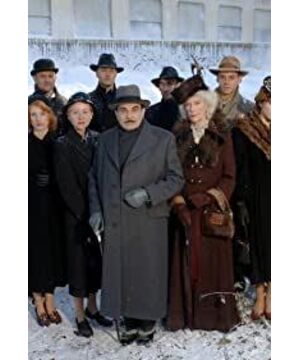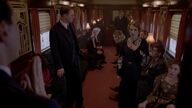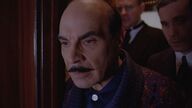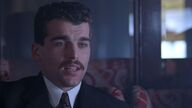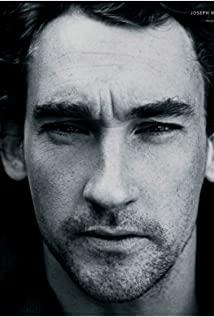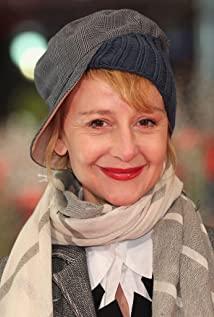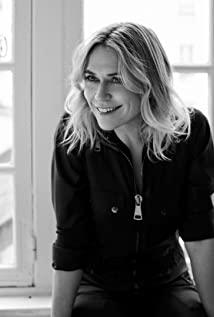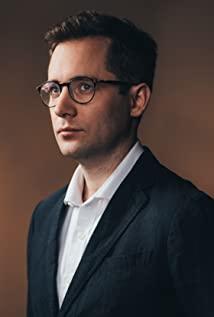I came into contact with my grandma's novels very early. At first, I was only interested in reasoning, but after reading it, I couldn't control it. It took five years from reading e-books to desperately collecting humane versions of grandma to watching adapted movies.
I have watched this version of the movie "East Express" three times, but I never get tired of watching it, and I often cry when I see it. This is a heavy story.
Twelve men—both jury and executioner—executed a man who had committed a heinous crime. Fair and illegal. Poirot found out the truth, but he had to fight himself - that painful face, who didn't know the tangle in his heart. I always thought this was the best part of the whole movie.
Some time ago, I casually flipped through the original English version of Dongkuai, only to find that the movie has been changed compared to the original. I can't help but recall that in "The Curtain", Poirot also played the dual role of the judge and the executioner - when the law cannot curb the sin, should we admit justice and come forward?
"'I don't know, Hastings, whether what I'm doing is right or wrong. Yes--I don't know. I don't think one should have the law in his hands... but , on the other hand, I am the law! … Goodbye, dear friend. I have taken the amyl nitrite bottle away from my bed. I would rather put myself in the hands of God. He may Punishment, perhaps forgiveness, may he come sooner!'" - "The Veil"
Whether God made a choice is unknown.
First time writing a book review, lol.
View more about Murder on the Orient Express reviews


